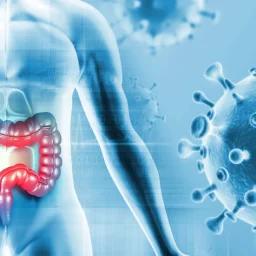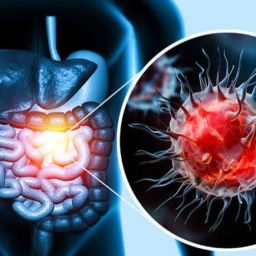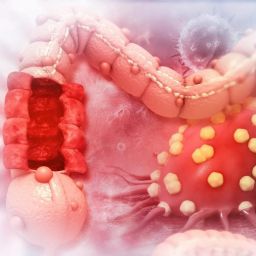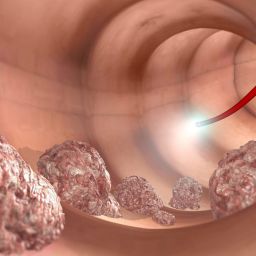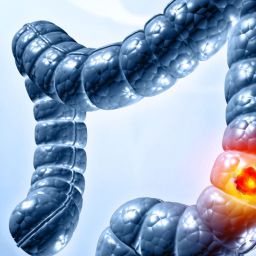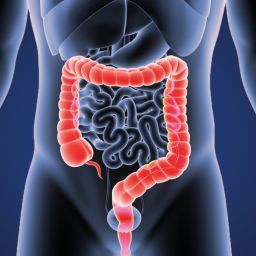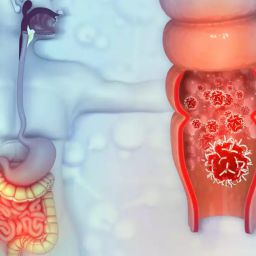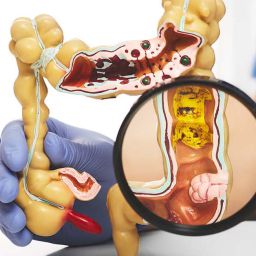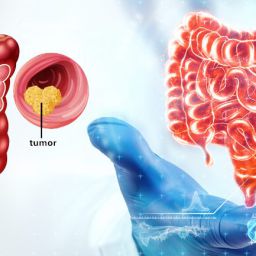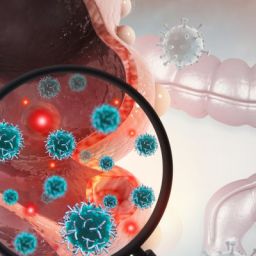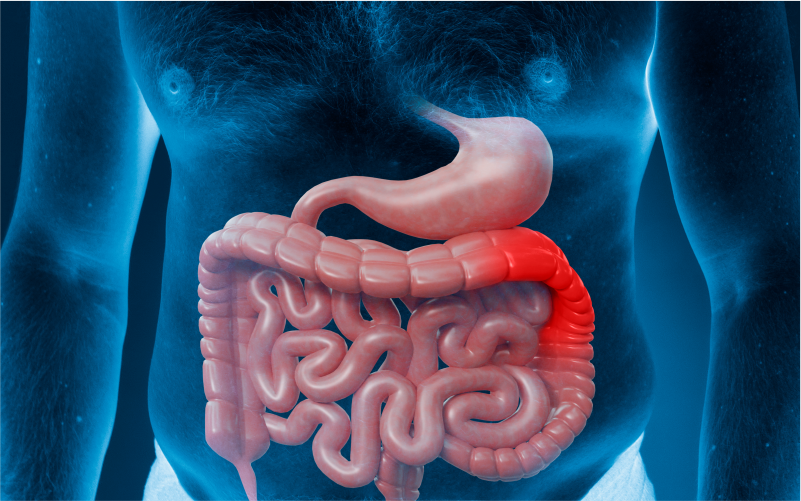
Colon cancer, or colorectal cancer, is one of the most prevalent types of cancer worldwide. While genetic factors and family history play a significant role in the development of the disease, lifestyle choices — particularly diet — are crucial in determining one’s risk. Studies have shown that certain foods, when consumed in excess, can contribute to the development of colon cancer by triggering inflammation, oxidative stress, or damaging the cells in the colon. This article aims to explore the foods that may increase the risk of colon cancer, explaining the mechanisms by which they contribute to cancer development, and providing insight into how a balanced diet can help mitigate these risks.
1. Processed Meats
Processed meats include products such as bacon, sausages, hot dogs, salami, and ham, which have undergone processes like smoking, curing, salting, or the addition of preservatives. These meats have long been linked to an increased risk of colon cancer, with numerous studies supporting this connection.
Why Are Processed Meats Risky?
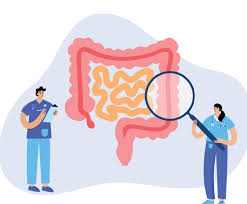
The danger lies in the chemical compounds used in the processing of meats, such as nitrates and nitrites. When these compounds are consumed, they can be converted into carcinogenic nitrosamines inside the body. These substances damage the DNA in the cells of the colon, increasing the risk of cancer.
Furthermore, processed meats are often high in saturated fats and cholesterol, which can promote inflammation and contribute to the development of cancer. The high-temperature cooking methods used for processed meats, such as grilling or frying, also produce harmful chemicals like heterocyclic amines (HCAs) and polycyclic aromatic hydrocarbons (PAHs), both of which are known carcinogens.
What to Do?
- Limit consumption of processed meats or avoid them altogether.
- Opt for lean proteins like poultry, fish, and plant-based sources such as legumes and tofu.
2. Red Meat
Red meat, including beef, pork, and lamb, has also been associated with an increased risk of colon cancer, especially when consumed in large amounts or cooked at high temperatures.
Why Is Red Meat Risky?
Similar to processed meats, red meat contains high levels of saturated fats and can be a source of harmful chemicals when cooked at high temperatures. When red meat is cooked at high temperatures, such as grilling or barbecuing, it produces HCAs and PAHs, which damage the colon cells and increase cancer risk.
Additionally, red meat is high in heme iron, which can promote the formation of harmful free radicals that contribute to cellular damage and inflammation in the colon.
What to Do?
- Limit red meat intake to small portions, and avoid cooking it at high temperatures.
- Choose lean cuts of meat and try to incorporate more plant-based protein sources, such as beans, lentils, quinoa, and chickpeas, into your diet.
3. Fried and Charred Foods
Frying and charring foods at high temperatures, especially meats, can result in the formation of potentially carcinogenic compounds. These foods, which often include fried fast foods, chips, and grilled meats, may contribute to colon cancer risk due to the production of PAHs and HCAs during cooking.
Why Are Fried and Charred Foods Risky?

When foods are fried or charred, the high heat can cause the formation of carcinogens. These compounds can damage the DNA in the cells of the colon and trigger the process of cancerous cell growth. Additionally, fried foods are typically high in unhealthy trans fats, which promote inflammation and increase cancer risk.
What to Do?
- Avoid frying foods or grilling them at excessively high temperatures.
- Use healthier cooking methods such as steaming, baking, or poaching.
4. Sugary Foods and Beverages
Foods and beverages that are high in sugar, such as sugary sodas, desserts, and processed snacks, have long been associated with various health problems, including an increased risk of colon cancer. Excessive sugar intake can lead to obesity, insulin resistance, and chronic inflammation, all of which are risk factors for colon cancer.
Why Are Sugary Foods Risky?
High sugar consumption can lead to obesity, which is a significant risk factor for colon cancer. When the body is in a state of obesity, it produces more insulin and insulin-like growth factor (IGF), which can promote the growth of cancerous cells in the colon. Sugary foods also lead to high levels of blood glucose, which can increase inflammation and the risk of cancer.
What to Do?
- Limit the intake of sugary foods and beverages.
- Opt for natural sources of sweetness, such as fruits, and focus on a balanced diet rich in fiber and whole grains.
5. Refined Carbohydrates and Processed Grains
Refined carbohydrates, such as white bread, pastries, and other processed foods made from white flour, can increase the risk of colon cancer when consumed excessively. These foods are low in fiber and nutrients and can cause rapid spikes in blood sugar, which may promote inflammation in the body.
Why Are Refined Carbohydrates Risky?
Refined carbohydrates have a high glycemic index, which means they can lead to elevated blood sugar levels and insulin spikes. High levels of insulin can promote the growth of cancer cells. Additionally, a diet high in refined carbs often lacks the fiber necessary to protect the colon and promote healthy digestion. The absence of fiber can lead to constipation and other digestive issues, which may further increase the risk of colon cancer.
What to Do?
- Choose whole grains such as brown rice, whole wheat bread, quinoa, and oats, which are high in fiber and provide essential nutrients.
- Limit processed foods and focus on a diet rich in vegetables, fruits, and legumes.
6. Artificial Sweeteners
Artificial sweeteners, commonly used in diet sodas and sugar-free products, are frequently touted as a healthier alternative to sugar. However, research on the safety of these sweeteners has raised concerns about their potential role in promoting cancer.
Why Are Artificial Sweeteners Risky?
Some artificial sweeteners, such as aspartame and saccharin, have been shown to cause changes in the gut microbiota, leading to imbalances that may promote the growth of harmful bacteria and increase inflammation. Chronic inflammation has been linked to an increased risk of cancer, including colon cancer.
What to Do?
- Limit or avoid the use of artificial sweeteners.
- Opt for natural sweeteners such as stevia or monk fruit, or simply reduce the intake of sweetened products.
The foods we eat play a pivotal role in determining our risk of developing colon cancer. While genetics and family history cannot be changed, lifestyle choices such as diet can significantly influence cancer development. Processed meats, red meat, fried foods, sugary snacks, alcohol, and refined carbohydrates are all foods that can increase the risk of colon cancer if consumed excessively. By making informed dietary choices and focusing on a balanced, nutrient-dense diet, individuals can reduce their risk and promote overall colon health.
It is crucial to remember that while diet is an important factor, regular screenings and consultations with healthcare professionals are essential for early detection and prevention of colon cancer. Making these positive lifestyle changes can help mitigate risks and enhance overall well-being.

